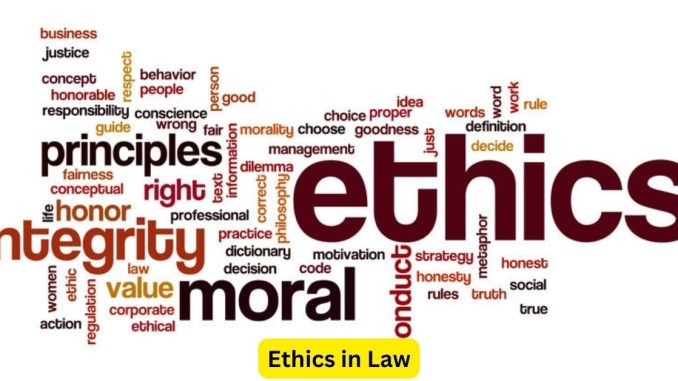
Within the legal profession, ethics are not just a set of rules; they are the moral compass guiding attorneys through the complex terrain of law and justice. Yet, navigating ethical dilemmas can be one of the most challenging aspects of an attorney’s career, as they are often forced to reconcile competing interests and principles in the pursuit of justice.
At the heart of the attorney’s dilemma lies the tension between zealous advocacy and ethical responsibility. Attorneys are duty-bound to vigorously represent their clients’ interests, yet they must do so within the bounds of ethical conduct. This balancing act requires attorneys to navigate a delicate dance between loyalty to their clients and fidelity to the rule of law.
One of the most pressing ethical dilemmas attorneys face is the duty of confidentiality. Attorneys are bound by strict rules of confidentiality, which prohibit them from disclosing confidential information shared by their clients. Yet, this duty must be weighed against the attorney’s obligation to prevent harm and uphold the interests of justice. In cases where a client’s actions may pose a threat to others, attorneys face the difficult decision of whether to breach confidentiality in the interest of public safety.
Another ethical dilemma attorneys encounter is the duty of candor. Attorneys are obligated to provide truthful and accurate information to the court, yet they must also advocate zealously on behalf of their clients. This can create conflicts when clients provide misleading or incomplete information, forcing attorneys to decide between their duty to the court and their duty to their clients.
Furthermore, attorneys must navigate conflicts of interest, ensuring that they do not represent clients whose interests conflict with those of another client or former client. This requires attorneys to conduct thorough conflict checks and, if conflicts arise, take appropriate steps to mitigate them.
In addition to these ethical dilemmas, attorneys must also grapple with broader questions of justice and morality. They may be called upon to represent clients whose actions they find morally objectionable or to advocate for legal positions with which they personally disagree. In such cases, attorneys must reconcile their personal beliefs with their professional obligations, striving to uphold the principles of justice while honoring their duties to their clients.
Despite the myriad ethical challenges attorneys face, adherence to ethical standards is essential to maintaining the integrity of the legal profession. Ethics are not just a set of rules to be followed; they are the foundation upon which trust, credibility, and the rule of law are built. By navigating ethical dilemmas with integrity and moral courage, attorneys uphold the highest ideals of the legal profession, ensuring that justice is served with fairness and integrity.

Leave a Reply